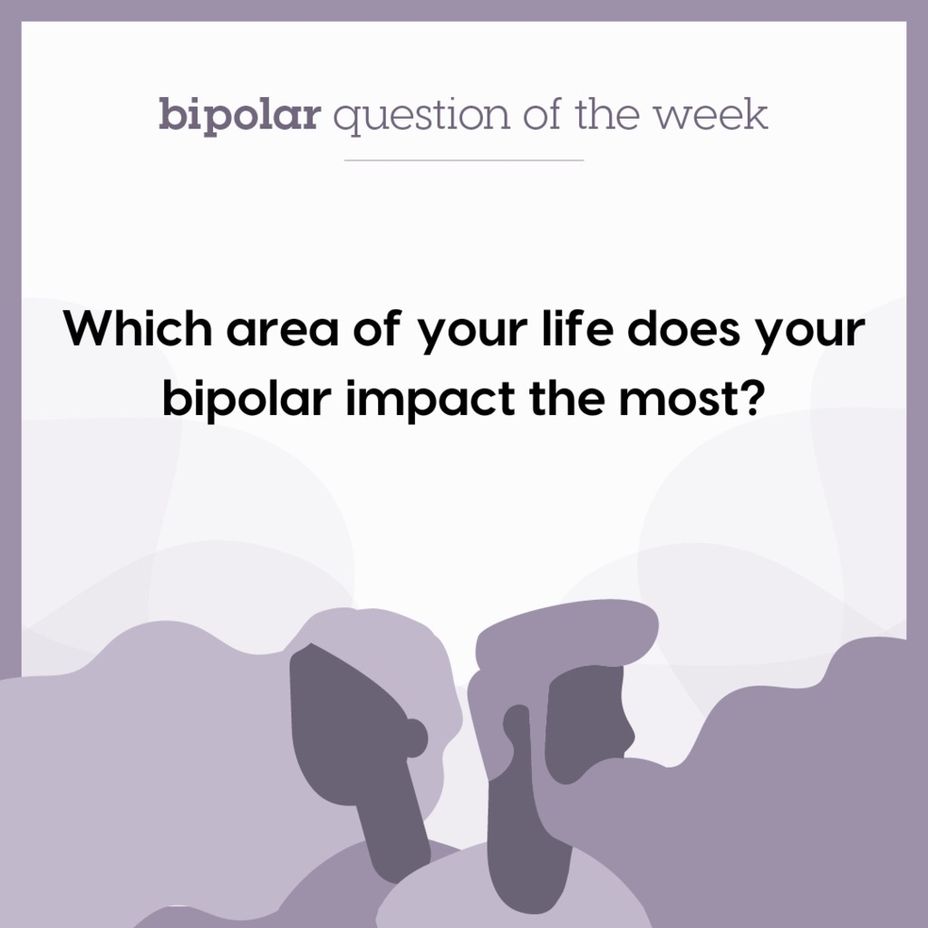What is bipolar disorder?
Did you know that an estimated seven million Americans live with bipolar disorder? This number doesn’t even account for those who are undiagnosed. Information on bipolar disorder can be hard to come by because data is limited as we continue to learn the ins and outs of this condition.
Bipolar disorder used to be referred to as manic depression. This condition causes extreme changes in mood that include "highs and lows." The "highs" usually manifest as manic, and a depressed mood represents the "lows." Individuals with bipolar disorder experience extreme mood swings that interfere with their daily functioning.
While lifelong medical treatment is required to treat bipolar disorder, support groups can be invaluable in managing early warning signs and coping with this condition.
Between cycles of mania and depression, most people living with bipolar enjoy long and healthy lives through medication, talk therapy, and bipolar disorder support groups.
Bipolar Disorder Symptoms
Symptoms of bipolar vary in severity from person to person. Join a bipolar support group to learn about the experiences of others and how others are managing their disorder.
- Euphoria
- Motivation to start new projects
- Dangerous self-confidence
- Engaging in risky behaviors
- Uninterrupted speech
- Reduced need for sleep
On the other hand, someone experiencing a depressive episode will often find themselves unable to leave their bed or make simple decisions like what to have for dinner. These episodes can cripple your personal, social and professional life.
There’s also the risk that a severe manic or depressive episode will lead to psychosis. Someone having a psychotic episode may experience hallucinations and delusions, leading to dangerous behaviors and an elevated risk of suicide.
What causes bipolar disorder?
Bipolar disorder is often hereditary, meaning it runs in families. Certain genes make individuals more likely to end up with a bipolar disorder diagnosis, but many genes are involved, meaning no one gene is linked to bipolar disorder. Some risk factors can make a bipolar disorder diagnosis more likely, including an immediate family member with bipolar disorder, drug or alcohol abuse, and stressful or traumatic events. Researchers have also found that the brain structure of individuals with bipolar disorder is different from that of people who do not. As research develops, doctors can better understand the brain structure's role in diagnosis, helping them better guide treatment.
Treatment for Bipolar Disorder
While there’s no cure for any form of bipolar disorder, a personalized healthcare plan incorporating a range of services can help you manage your condition. Bipolar disorder is commonly treated with medications and psychotherapy, but some other treatments may also be used. Finding a mediation regime that works well for bipolar disorder often takes trial and error and should always be guided by a trained physician. Medications commonly prescribed for bipolar disorder include mood stabilizers and atypical antipsychotics. Lithium is a commonly prescribed antipsychotic that can help reduce the risk of suicide and reduce the severity of mood episodes when they occur. Psychotherapy is often used in combination with medications to help treat bipolar disorder. Therapy offers support and education and can help those with bipolar disorder understand and process some of their feelings.
The Power of Bipolar Disorder Support Groups
Members of bipolar disorder support groups can learn about their condition and discuss issues they feel their friends and family don’t understand. As loved as you are, it can be frustrating not to be able to speak to someone who knows what it’s like to live with bipolar disorder.
Support groups for families of those with bipolar disorder also exist to enhance understanding, improve wellness and break the stigma surrounding mental illness. Engaging in a bipolar spouse support group gives you and your family a chance to join in a shared experience, unburden yourselves, and help in the prevention of manic and depressive episodes in a non-judgmental environment.
Our Feed
Join the Mighty community, where you can read through personal stories, learn from the experts, and become a valued member by sharing your experience with others. We pride ourselves on creating a platform that is open and judgment-free. We’re here to provide support when you need it most.









